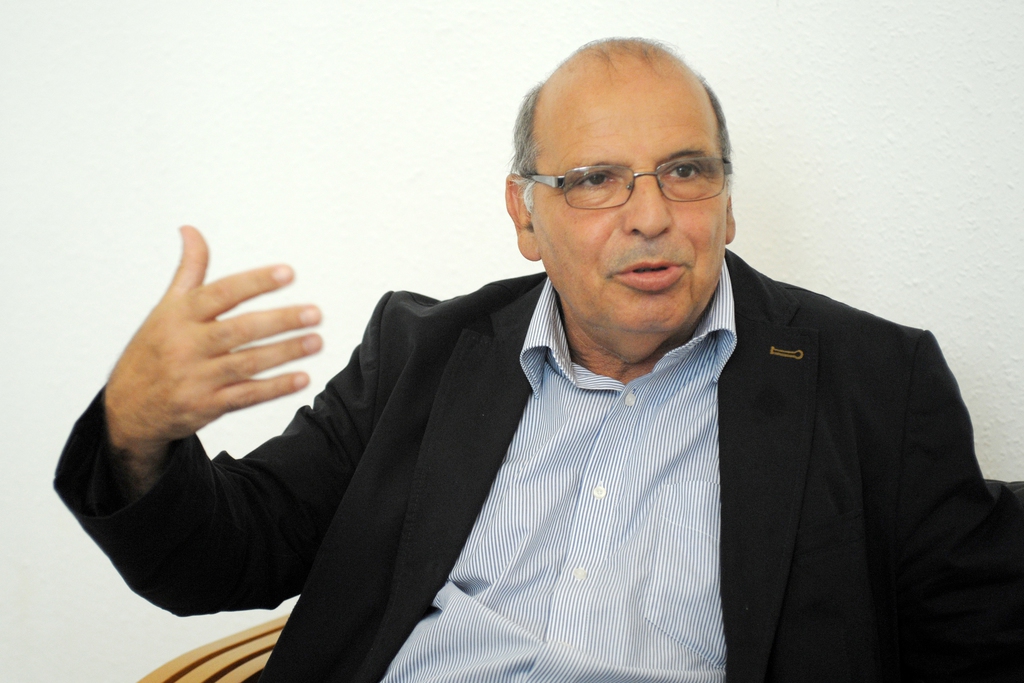As it was pointed out by EKINT in its petition submitted to the Commissioner and its previously published analysis, setting up consistories is contrary to the constitution, violating not only university autonomy but also the text of Fundamental Law. As core institutions of scientific life, universities are entitled to autonomy and self-governance. This autonomy is infringed on if the decision-making process includes a body whose members are appointed mostly by the government as currently set out in law. Linking the acceptance of budget and R&D innovation strategy to an approval by the consistory is an intervention into university autonomy, which violates fundamental constitutional principles and the Fundamental Law itself.
EKINT’s standpoint has been confirmed by the recently published report of the Commissioner for Fundamental Rights, according to which the consistory’s right to prior approval in relation to R&D innovation strategy and the budget whose frameworks are set by the maintainer causes a constitutional anomaly.
Although the Ombudsman did not go as far as initiating a constitutional review suggested by EKINT, it called upon the Minister of Human Resources to consider the amendment of higher education law and bring it into line with constitutional requirements.
An efficient and economic operation of higher education institutions is of key importance for society as a whole, and it is a legitimate aim for legislature as long as the means for achieving the goal are in line with constitutional requirements. It is our conviction that an appropriate regulatory model, which also satisfies the requirements of the rule of law, can be developed only if several professions are consulted in the drafting process. To this end, EKINT intends to hold a discussion forum in the near future in the framework of which constitutional lawyers, educational-economists, sociologists, as well as university leaders and the representatives of university citizenship, will discuss what safeguards there can be for the efficient operation of higher education that are also compliant with the rule of law.
Eötvös Károly Institute
November 28, 2016






